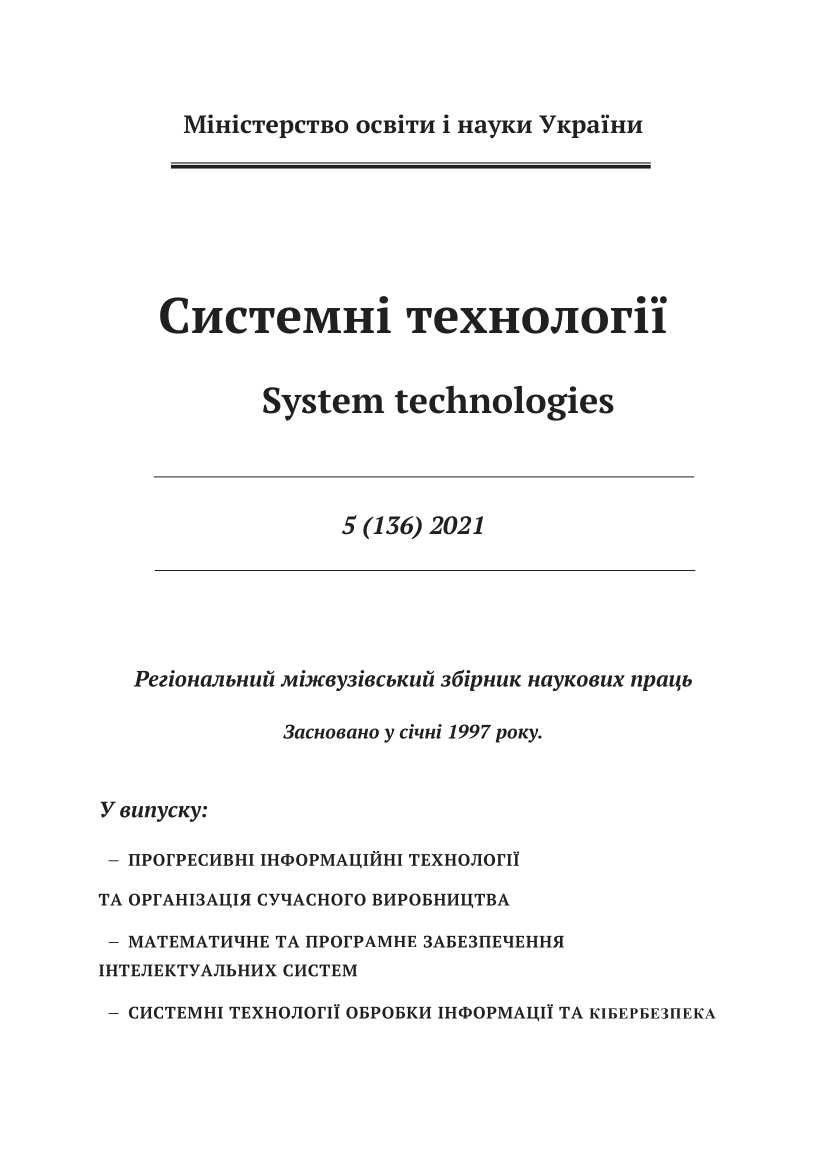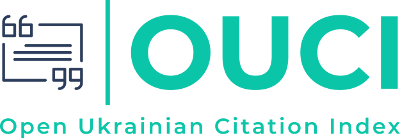Ефективні алгоритми розпараалелювання тридіагональних систем рівнянь
DOI:
https://doi.org/10.34185/1562-9945-5-136-2021-11Ключові слова:
multiprocessor system, tridiagonal structure, method of straight lines, algorithms, parallel forms, thermal physicsАнотація
Статтю присвячено розробці максимально паралельних форм математичних моделей, які мають тридіагональну структуру. Безпосередньо принципові особливості конструювання паралельних алгоритмів ілюструються на прикладі розв’язків задач Діріхле та Неймана методом прямих і методом прогонки для рівнянь тепло-провідності. Відзначається, що дослідження процесів тепло - і масообміну реалізується шляхом їх числового моделювання на основі застосування сучасних засобів обчислювальної техніки.
Показано, що з розвитком багатопроцесорних обчислювальних систем зникають проблеми в збільшенні їх пікової продуктивності. З іншого боку, для побудови таких систем, як правило, застосовують стандартні мережеві технології, процесори масо-вого виробництва, вільне програмне забезпечення. Зазначені обставини й спрямовані на розв’язок так званих великих задач.
При цьому необхідно мати на увазі, що застосування класичного підходу до розв’язку моделей тридіагональних структур на основі використання багатопроцесорних обчислювальних систем відзначаються набагато більшими часовими витратами в порівнянні з однопроцесорними обчислювальними засобами. Це пояснюється застосуванням рекурентних співвідношень, які покладені в основу класичних методів. Отже, для паралельних обчислювальних систем необхідно окремо конструювати процес векторизації обчислень. У зв'язку з цим запропоновані дослідження є актуальними і спрямованими на розвиток розподілених алгоритмів розв’язку прикладних задач.
Мета запропонованих досліджень полягає в конструюванні максимально паралельних форм математичних моделей тридіагональних структур. Запропоновані в даній роботі схеми спрямовані на реалізацію алгоритмів розпаралелювання прикладних задач і їх відображення на паралельні обчислювальні системи.
Розпаралелювання тридіагональних математичних моделей методом прямих і методом прогонки дозволяє конструювати абсолютно стійкі алгоритми, що мають максимальну паралельну форму і, отже, мінімально можливий час їх реалізації на паралельних обчислювальних пристроях. Помітимо, що в запропонованих алгоритмах відокремлено обчислювальні похибки вхідних даних від похибок округлення, властиві ПЕОМ.
Запропонований підхід може бути використаним в різних галузях металургійної теплофізики, економіки, а також задач екології металургійної промисловості.
Посилання
Shvachych G.G. Prospects of construction highly-productive computers systems on the base of standard technologies. Strategy of Quality in Indastry and Education : IV Intrenational Conference. May 30 – June 6. 2008, Varna, Bulgaria, 2008. Vol. 2. P. 815 – 819.
Shvachych G.G. Prospects of construction highly-productive computers systems on the base of standard technologies. Strategy of Quality in Indastry and Education : IV Intrenational Conference. May 30 – June 6. 2008, Varna, Bulgaria, 2008. Vol. 2. P. 815 – 819.
Shvachych G., Pobochii I., Kholod E., Ivaschenko O., V. Busygin Multiprocessors computing systems in the problem of global optimization. Structural transfor-mations and problems of information economy formation : monograph. Ascona Publishing United States of America. 2018. P. 281 – 291.
Shvachych G., Mamuzic I., Ivaschenko О., Moroz B., Hulina I. Maximum parallel forms of difference scheme algorithms in applied problems of metallurgical thermal physics. Materials and Metallurgy : 14 International Symposium of Croatian Metal-lurgical Society SHMD. CROATIA. 2020. P. 442.
Shvachych G., Kholod E., Ivaschenko О., Busygin V. Visualization of the applied problems in multiprocessor computing systems. Society for Cultural and Scientific Progress in Central and Easter Europe. Held in Budapest, Hungary, 2018.
P. 65 – 69.
Ivaschenko V.P., Alishov N.I., Shvachych G.G., Tkach M.A. Latest technologies based on use of high-efficient multiprocessing computer systems. Journal of Qafqaz University. Mathematics and Computer Science, Baku, Azerbaijan. 2013. Vol. 1. Numb. 1. P. 44 – 51.
Shvachych G., Moroz B., Pobochii I., Ivaschenko О. , Busygin V. Maximally parallel forms of distributed simulation of dynamic systems. World Science. Poland. 2018. № 4(32). Vol.1. P.12 – 19.
Shvachych G., Ivaschenko О., Busygin V., Fedorov E. Parallel computational algo-rithms in thermal processes in metallurgy and mining. Naukovyi visnyk NHU. Dnipro. 2018. № 4. P. 129 – 137.
Завантаження
Опубліковано
Номер
Розділ
Ліцензія

Ця робота ліцензується відповідно до ліцензії Creative Commons Attribution 4.0 International License.















